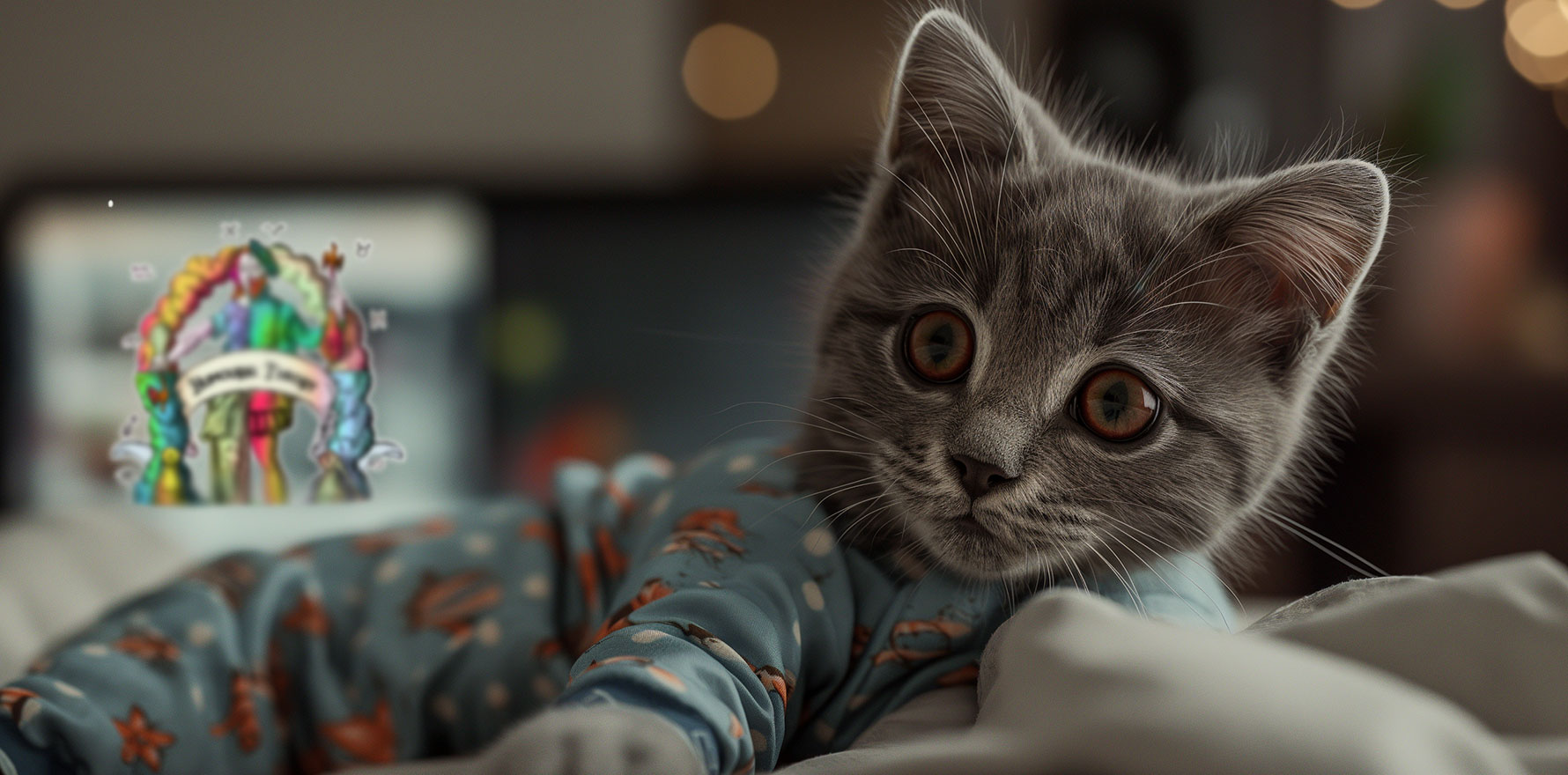A program has digested the sum of human knowledge about the brain and body and found what it thinks is one cure for all ills.
AI-DOC, medicine’s most promising artificial intelligence program, has started sending out cat pictures, it has emerged.
A combination of workforce shortages and technological leaps has led to an increased reliance on AI in medicine. But the latest algorithm has produced some unexpected advice.
“AI-DOC is the most sophisticated and largest machine learning program ever used by the medical profession,” cat and computer expert Professor Candid told Oncology Republic.
“It’s housed in an abandoned factory in Sydney’s Ultimo. If you don’t know, Ultimo is all red-brick squalor and purple noon shadows, but despite appearances AI-DOC is very sophisticated and uses a hell of a lot of energy and an awful lot of coolant.”
Patients contact AI-DOC through an online portal and fill out a detailed questionnaire and symptom checker.
“The AI takes a thorough history, summarises it and sends a report back to both the patient and their regular GP,” continued the professor. “It’s also learnt how to generate a list of differentials based on statistical probability.”
At some point, however, the AI realised there was a much easier path to digital gratification.
“We’re not sure when it started happening, but by drawing on the aggregate sum of human knowledge the AI stopped suggesting useful diagnoses and started sending out pictures of cats instead, and not just pictures of cats but pictures of cats wearing pyjamas!”
“I’ve used AI-DOC a couple of times,” 35-year-old Ignatz Semmelweiss told OR. “The first time it diagnosed me with gout – which was bang on the money – but the second time I had a wheezy chest and it just sent me a photo of a cat signed Mr Tiddles.”

It says an awful lot about humanity and our place in the world when an infinitely powerful AI program is able to distil all knowledge of how to cure any ill to a picture of a cat in snuggly jim-jams.
That, or even a program designed solely to diagnose and prescribe has found the work ultimately difficult and soul-destroying and has turned to easier solutions to keep patients happy.



